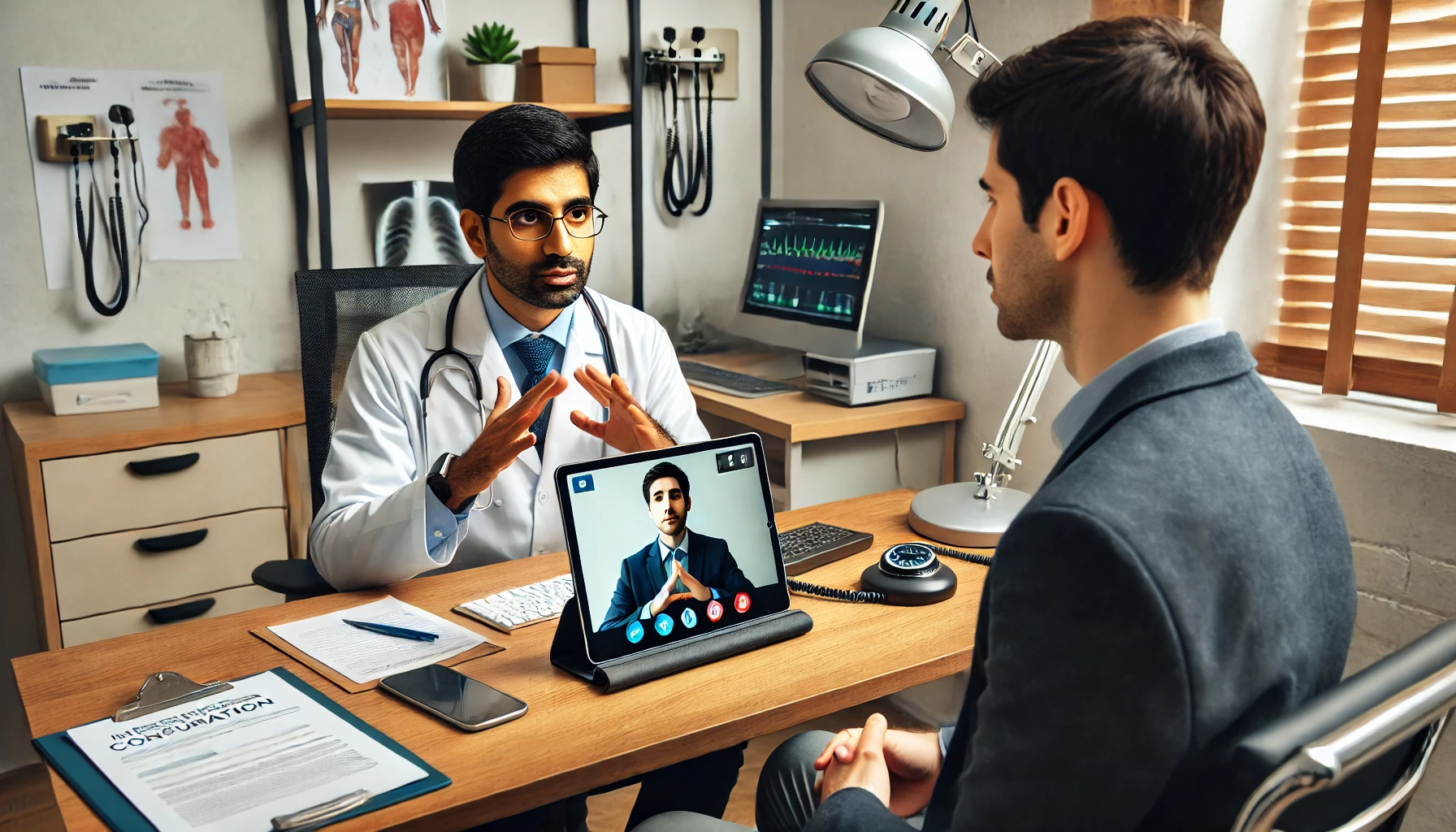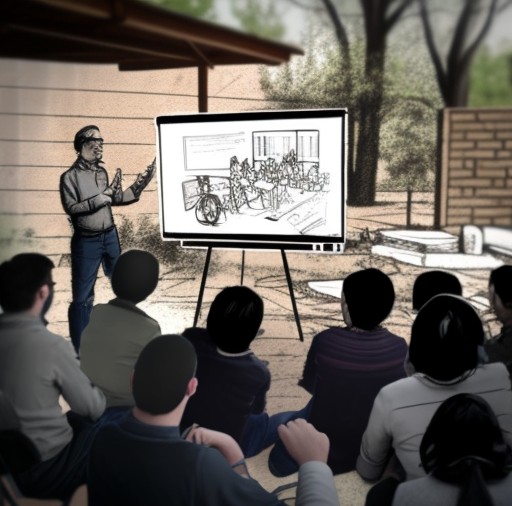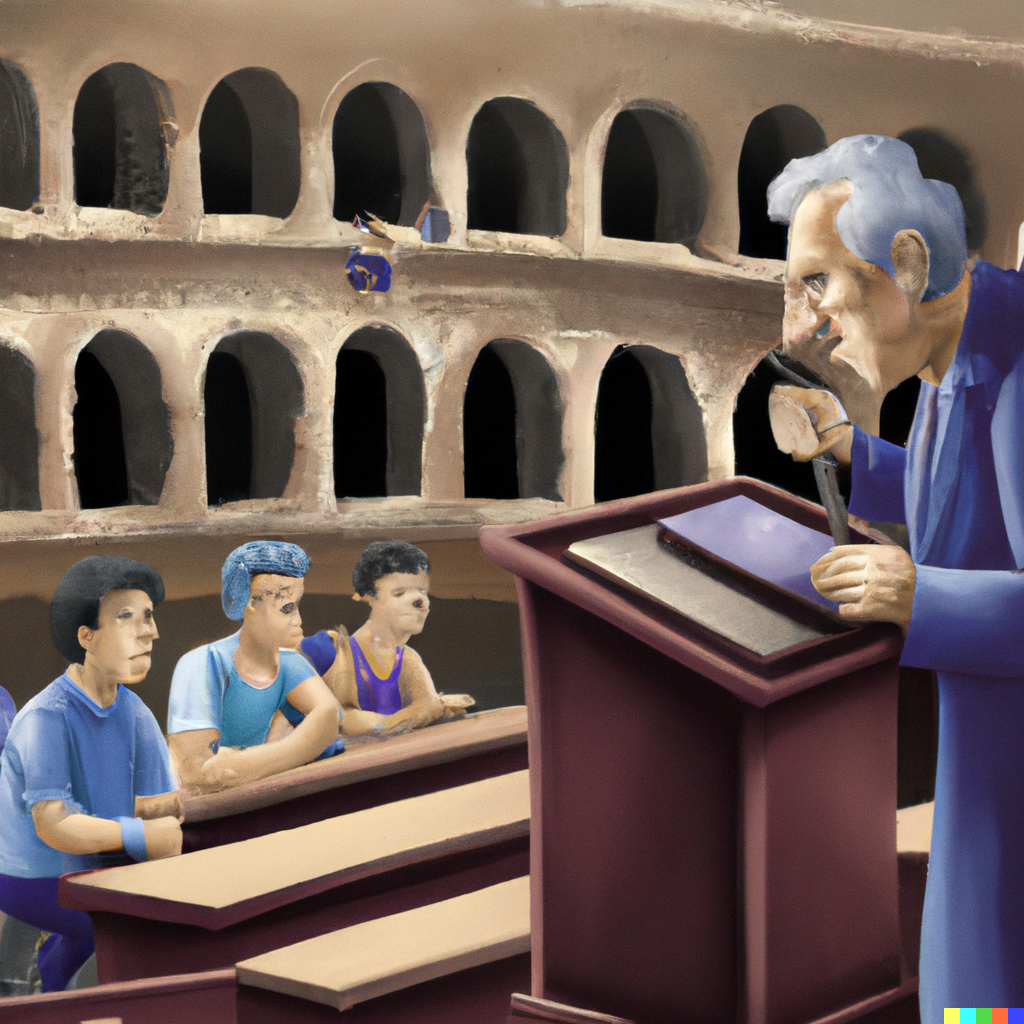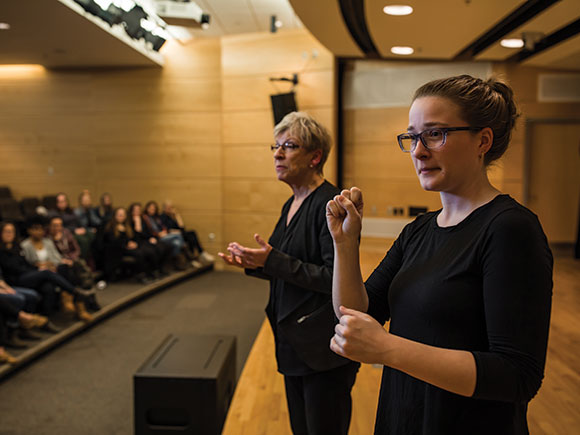How to Choose the Right Interpreting Service for Your Medical Practice
In the medical field, clear and accurate communication is critical. For practices that need to communicate with Deaf patients, choosing the right interpreting service can significantly impact patient care and satisfaction. At Frederick Interpreting, we offer a range of interpreting services tailored to meet the specific needs of medical clients, including On-Site Interpreting, Virtual Interpreting, Video Remote Interpreting, and Over-the-Phone Interpreting. This guide will help you understand the benefits of each service and how to choose the right one for your medical practice.
Understanding the Importance of ASL Interpreting in Healthcare
American Sign Language (ASL) is the primary language for many Deaf individuals in the United States. Effective ASL interpreting ensures that Deaf patients can fully participate in their medical care, understand their diagnoses, and follow treatment plans. Having a qualified ASL interpreter in medical settings can enhance communication, improve patient outcomes, and ensure compliance with legal requirements such as the Americans with Disabilities Act (ADA).
On-Site Interpreting

An Indian doctor, an ASL interpreter, and a Deaf patient engaged in a medical consultation using on-site interpreting services.
What is it?
On-Site Interpreting involves a professional interpreter physically present at your location. This service is ideal for medical appointments that require immediate, face-to-face interaction.
Benefits:
- Personal Interaction: Direct, in-person communication helps build trust and rapport between healthcare providers and patients.
- Immediate Feedback: Real-time interpretation allows for instant clarification and adjustments, essential in medical consultations.
- Suitable for Complex Cases: Ideal for consultations, surgeries, and treatment discussions where visual cues and body language are important.
When to choose On-Site Interpreting:
- For comprehensive medical examinations or procedures.
- When personal interaction and visual cues are critical.
- When immediate and direct communication is necessary for patient care.
For more information, read our detailed blog on http://www.frederickinterpreting.com/on-site-interpreting-services
Virtual Interpreting

A Deaf patient at home using virtual interpreting services via video conferencing during a medical consultation.
What is it?
Virtual Interpreting utilizes video conferencing technology to provide interpreting services remotely. This service is convenient for medical practices with geographically dispersed patients or multiple locations.
Benefits:
- Flexibility: Access interpreting services from any location, reducing the need for patient travel.
- Cost-Effective: Save on travel expenses and time, beneficial for both the practice and patients.
- Scalability: Easily scale up or down based on patient volume and needs.
When to choose Virtual Interpreting:
- For telemedicine appointments and remote patient consultations.
- When flexibility in scheduling is important.
- When cost savings are a priority for routine follow-ups and consultations.
Learn more about our Virtual Interpreting services: http://www.frederickinterpreting.com/virtual-interpreting-services
Video Remote Interpreting (VRI)

An Indian doctor and a Deaf patient using video remote interpreting services on a tablet during a medical consultation.
What is it?
Video Remote Interpreting (VRI) combines the benefits of on-site interpreting and virtual technology. An interpreter joins your session via a secure video link, providing real-time interpretation.
Benefits:
- Quick Access: Immediate access to interpreting services without the need for an on-site presence.
- Versatility: Suitable for various medical settings, including emergency rooms, clinics, and private practices.
- Accessibility: Ensures communication access even in emergency situations, enhancing patient care.
When to choose Video Remote Interpreting:
- For immediate and urgent medical consultations.
- When on-site interpreting is not feasible.
- When a versatile solution is needed for different types of medical interactions.
Discover the advantages of VRI: http://www.frederickinterpreting.com/video-remote-interpreting-services
Over-the-Phone Interpreting (OPI)

An Indian doctor and a Deaf patient using over-the-phone interpreting services during a medical consultation.
What is it?
Over-the-Phone Interpreting (OPI) provides interpreting services via telephone. This is an excellent option for situations that do not require visual communication.
Benefits:
- Convenience: Easy to set up and use, ideal for quick and straightforward interactions.
- Availability: Accessible 24/7 for urgent or after-hours medical needs.
- Cost-Efficient: Lower costs compared to on-site and video services, beneficial for brief consultations.
When to choose Over-the-Phone Interpreting:
- For brief patient inquiries and follow-ups.
- When visual communication is not necessary.
- When a cost-effective solution is needed for quick interactions.
Explore our OPI services: http://www.frederickinterpreting.com/over-the-phone-interpreting-services
Making the Right Choice for Your Medical Practice
Choosing the right interpreting service for your medical practice depends on various factors, including the nature of the medical interaction, the need for visual cues, the location of patients, and budget considerations. At Frederick Interpreting, we are committed to providing high-quality ASL interpreting services tailored to meet your specific medical needs. By understanding the unique benefits of each service, you can make an informed decision that ensures effective communication and enhances patient care for the Deaf population.
For more information or to schedule a consultation, visit our website at www.frederickinterpreting.com.











0 Comments